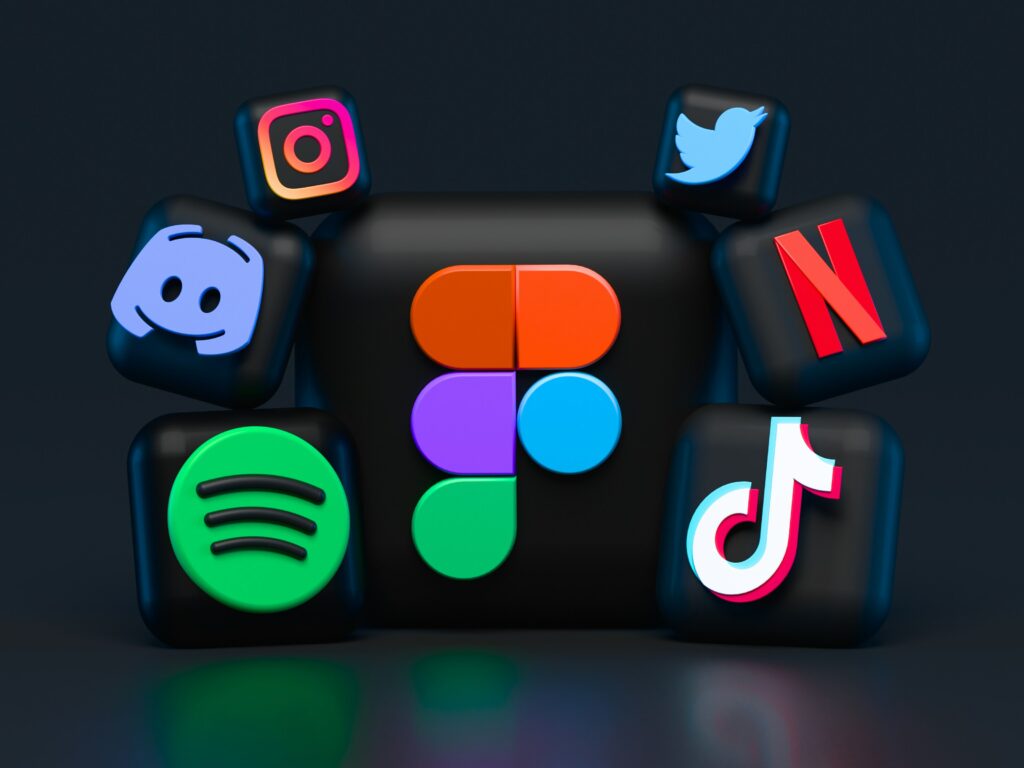
In the digital age, social media platforms have become an integral part of our daily lives, connecting people across the globe. However, as the popularity of these platforms soars, so do concerns about their impact on mental health.
Several major social media giants find themselves embroiled in lawsuits as users and advocacy groups highlight the detrimental effects on mental well-being.
This article delves into the lawsuits facing prominent social media platforms and explores the pressing issue of their role in the mental health crisis.
Facebook (Meta)
Leading the charge in the legal battle is Meta, formerly known as Facebook. The tech giant is currently facing multiple lawsuits. These lawsuits allege that its platform has played a significant role in the rise of mental health issues, particularly among the younger demographic.
Critics argue that constant exposure to curated content is problematic, as noted by TorHoerman Law. They claim that features like the addictive infinite scroll contribute to anxiety, depression, and body image concerns.
In 2021, the Wall Street Journal exposed internal documents. These documents revealed that Facebook was aware of the negative impact its platform could have on the mental health of teenagers. Subsequent lawsuits claim that Meta failed to address these concerns adequately and even prioritized profits over user well-being.
In response to these accusations, several states, such as Arkansas and Utah, have enacted legislation barring individuals under 13 from accessing social media. These laws also require parental consent for individuals under 18, as reported by The Washington Post.
California has passed rules requiring tech companies to evaluate their products for risks and incorporate safety and privacy measures. In the absence of federal legislation, concerned parents and school districts have initiated legal proceedings, exemplified by the Facebook lawsuit against Meta.
A subsidiary of Meta, Instagram has also found itself in the crosshairs of legal action. The photo-sharing platform has been accused of fostering a toxic environment that exacerbates body image issues, particularly among young users.
Research from The National Library of Medicine reveals that the platform’s emphasis on physical appearance contributes to distress, body dissatisfaction, and pressure. This impact is particularly felt among adolescents and young individuals navigating the challenges of attaining a flawless image on social media.
Studies cited by the Shorenstein Center reveal alarming statistics. Specifically, 13.5% of teen girls on Instagram report worsened thoughts of “Suicide and Self-Injury.” Additionally, 17% indicate that the platform intensifies “Eating Issues” like anorexia and bulimia.
The controversy reached new heights when internal research from Instagram surfaced, confirming that the platform significantly impacted the mental health of numerous teenage users.
These revelations have ignited calls for regulatory measures and increased accountability. They underscore the urgency of addressing the platform’s role in perpetuating unrealistic beauty standards, which contribute to low self-esteem and body dysmorphia.
TikTok
The meteoric rise of TikTok, a short-form video platform, has not been without its fair share of controversies. The platform has faced allegations that its algorithm contributes to the proliferation of harmful content, including cyberbullying and self-harm videos. Concerns over the addictive nature of the app and its potential impact on mental health have led to legal action against TikTok.
In a Statista survey between April and May 2023, 77.7% of U.S. Generation Z TikTok users recognized the platform’s addictive nature. Comparatively, approximately 72 percent of Gen X respondents shared the same sentiment.
Notably, Millennials reported the highest percentage of TikTok users experiencing negative mental health effects, with 37.3 percent of respondents acknowledging such effects.
Parents and advocacy groups contend that TikTok’s algorithm, prioritizing engagement over user well-being, exposes vulnerable children and teenagers to potentially harmful content. The lawsuits demand stricter regulation and increased transparency from the platform.
While Twitter (now X) has been a space for real-time information and discussion, it has faced criticism. Specifically, concerns have been raised about its role in spreading misinformation and contributing to a toxic online environment.
Lawsuits against Twitter cite instances where the platform failed to adequately address online harassment, leading to severe mental health consequences for targeted individuals.
The “like” and “retweet” features on Twitter have been identified as potential culprits. They foster a culture of approval-seeking and validation that can negatively impact users’ mental health. Legal actions aim to hold Twitter accountable for its handling of harassment and demand measures to create a safer digital space.
In conclusion, the lawsuits against dominant social media platforms highlight the pressing need for industry-wide changes prioritizing user well-being. The evolving legal landscape reflects a growing awareness of the mental health concerns associated with excessive social media use, particularly among younger generations.
The outcome of these lawsuits could shape the future of social media regulation, with potential implications for user experience, platform design, and corporate responsibility.
As we navigate this complex terrain, it is essential to strike a balance between the benefits of connectivity. This involves fostering a digital environment that prioritizes the well-being of its users amidst potential mental health risks.